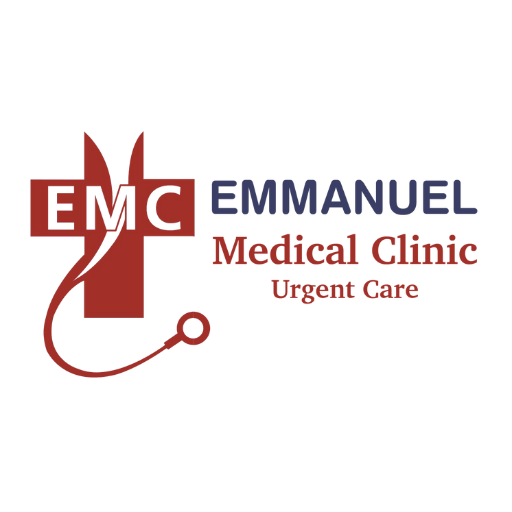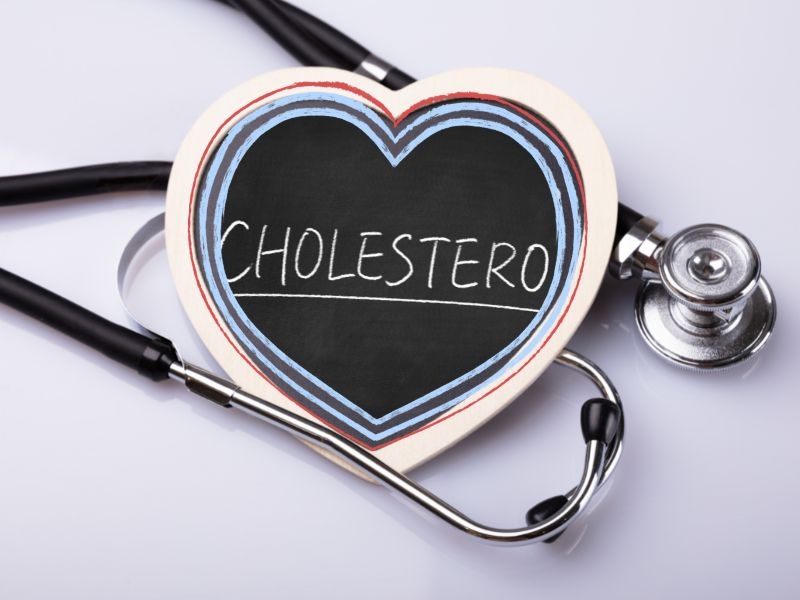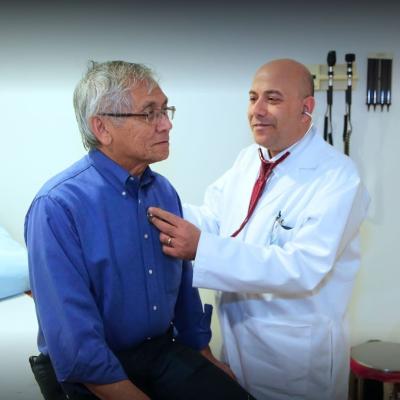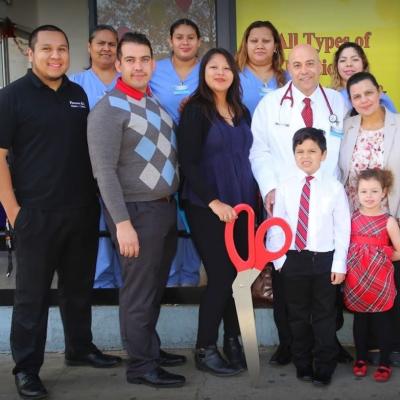More than half of adults in the U.S. have high cholesterol, and that number is on the rise. According to the Centers for Disease Control and Prevention, 33.7 million adults — or 20% of the adult population
— have been diagnosed with high blood cholesterol. High cholesterol puts you at risk for developing heart disease, but it’s not something you can’t reverse. By making simple changes to your diet and lifestyle, you can lower your cholesterol. These tips will help you understand what high cholesterol is, how it affects your body, and what you can do about it.
What is cholesterol?
Cholesterol is a fatty substance that’s produced by your liver. Your body needs some cholesterol, but too much can lead to health issues. Cholesterol exists in two forms: - LDL cholesterol: Known as the “bad cholesterol,” LDL cholesterol is the type of cholesterol that can build up in your arteries, increasing your risk for heart disease. - HDL cholesterol: HDL is the “good cholesterol,” and it acts as a cleanser for your arteries. Too little HDL cholesterol puts you at a higher risk for heart disease.
High cholesterol diet tips
A high-cholesterol diet can increase your risk of developing heart disease. A diet that’s high in saturated fat and cholesterol can significantly increase your LDL cholesterol levels, which is the “bad” cholesterol linked to heart disease. Steer clear of these high cholesterol diet tips to keep your heart healthy: - Limit your fat intake - The less fat you eat, the lower your cholesterol levels will be. Saturated fats, like those in red meat, milk, and ice cream, can significantly increase your LDL cholesterol. Eating healthy fats, like nuts and avocado, can actually lower your LDL cholesterol levels. - Cut back on carbohydrates - Too many carbs can lead to an unhealthy increase in your triglyceride levels. Triglycerides are a type of fat in your blood that can increase your LDL cholesterol.
Exercise to lower your cholesterol
Exercising regularly can help lower your cholesterol levels. It helps your body process cholesterol more efficiently, and it can also help lower your blood pressure. Exercising can also reduce the amount of insulin in your blood, which can help lower your LDL cholesterol. Exercises that are effective at lowering cholesterol include: walking, cycling, swimming, yoga, and strength training.
Lower cholesterol naturally
Some herbs and supplements can help lower cholesterol in your body naturally. Before taking supplements to lower your cholesterol, speak with a doctor about the dosage you should take and how to use them properly. Dietary supplements that help lower your cholesterol include: - Berries - Eating more blueberries, raspberries, and strawberries can help lower your LDL cholesterol and triglyceride levels. - Flaxseed - Eating flaxseed can reduce your LDL cholesterol levels by up to 15%. - Fish oil - Eating more fish, like salmon and sardines, can help lower your triglyceride levels and increase your HDL cholesterol. Fish oil supplements can also help.
Monitor your cholesterol with testing
Testing your cholesterol levels can help you track your progress in lowering your cholesterol. Cholesterol testing can help you identify and treat any unhealthy cholesterol levels. Testing for cholesterol can help you understand how your diet and exercise routine are affecting your cholesterol levels. You can track your results over time to see if your efforts are paying off.
Summing up
Cholesterol is a naturally occurring substance in our bodies, but too much can lead to health issues. High cholesterol diet tips include limiting your fat intake, cutting back on carbohydrates, and exercising regularly. Some herbs and supplements can help lower your cholesterol naturally, and testing your cholesterol levels can help you monitor your progress. By following these tips, you can lower your cholesterol and lower your risk for heart disease.










 And then Add to Home Screen.
And then Add to Home Screen.